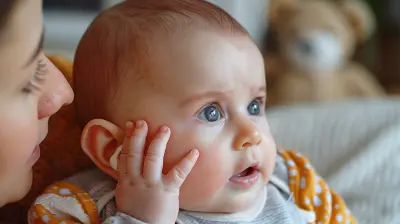Early Signs Your Baby is Ready for Sleep Training
20 May 2025
Ah, sleep training—the parenting milestone that sits right between "baby's first laugh" and "why do I suddenly have an emotional attachment to coffee?" If you're reading this, chances are you've reached the point where you desperately need sleep, your baby needs sleep, and even the family dog looks exhausted from all the nighttime wake-ups.
But how do you know when your little bundle of joy is actually ready for sleep training? Babies don't exactly come with neon signs flashing “I'M READY TO SLEEP THROUGH THE NIGHT!” (Although, wouldn’t that be nice?). Instead, they communicate in their own adorable (and sometimes frustrating) ways.
Here’s your ultimate guide to spotting the early signs that your baby is ready to ditch the midnight parties and start snoozing like a pro. 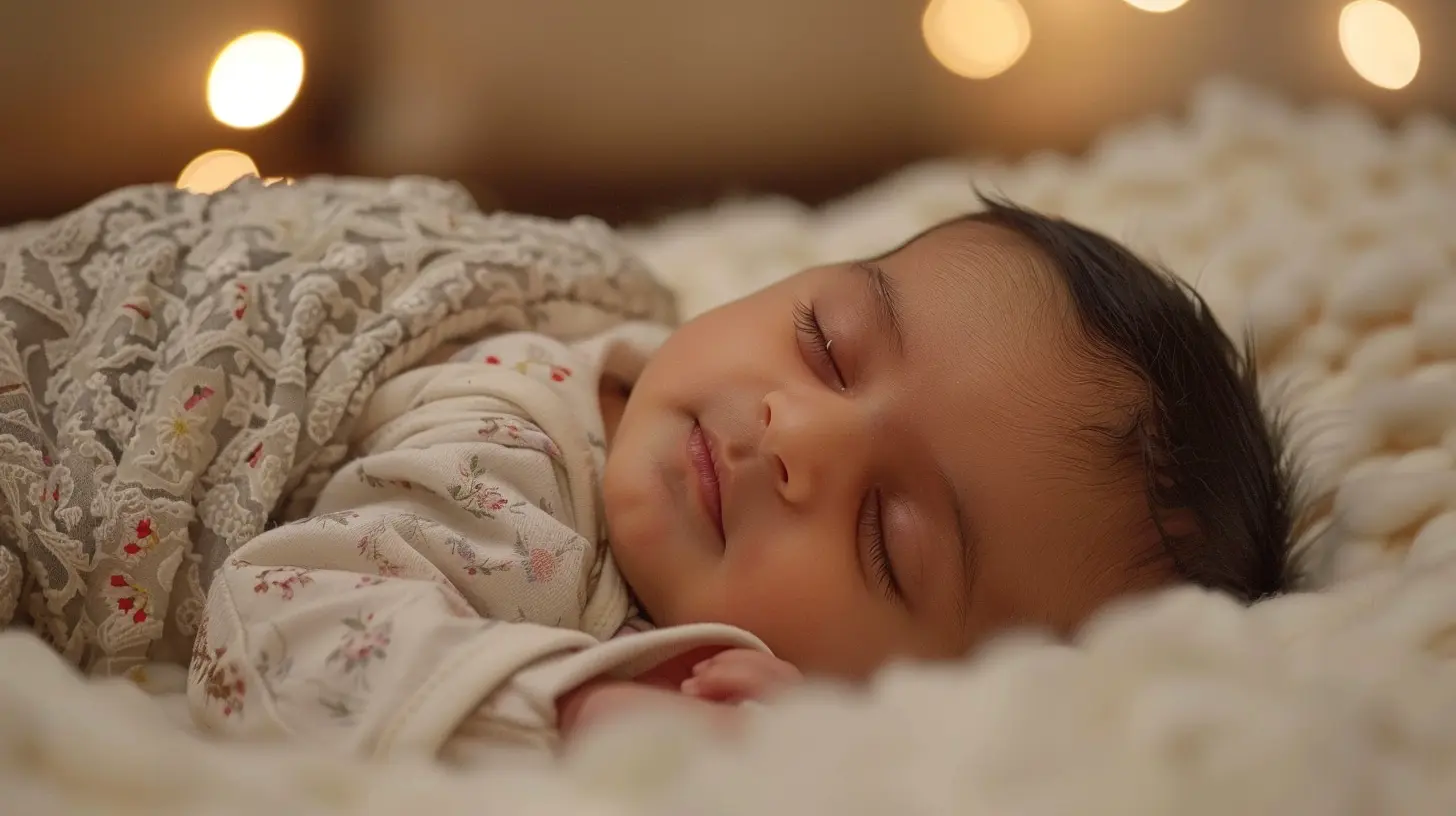
💤 What Is Sleep Training?
Before we dive into the signs, let's make sure we're on the same sleepy page. Sleep training is simply teaching your baby to fall asleep independently and stay asleep longer. It’s not magic (though it sometimes feels like it), and it’s not cruel (despite what your great-aunt might have told you).There are different methods—Ferber, Chair Method, No Tears, you name it—but the success of any sleep training approach depends on timing. Start too soon, and you might as well try convincing a cat to take a bath. Wait too long, and you're looking at months of zombie-level exhaustion.
So, how do you know when it's go time? 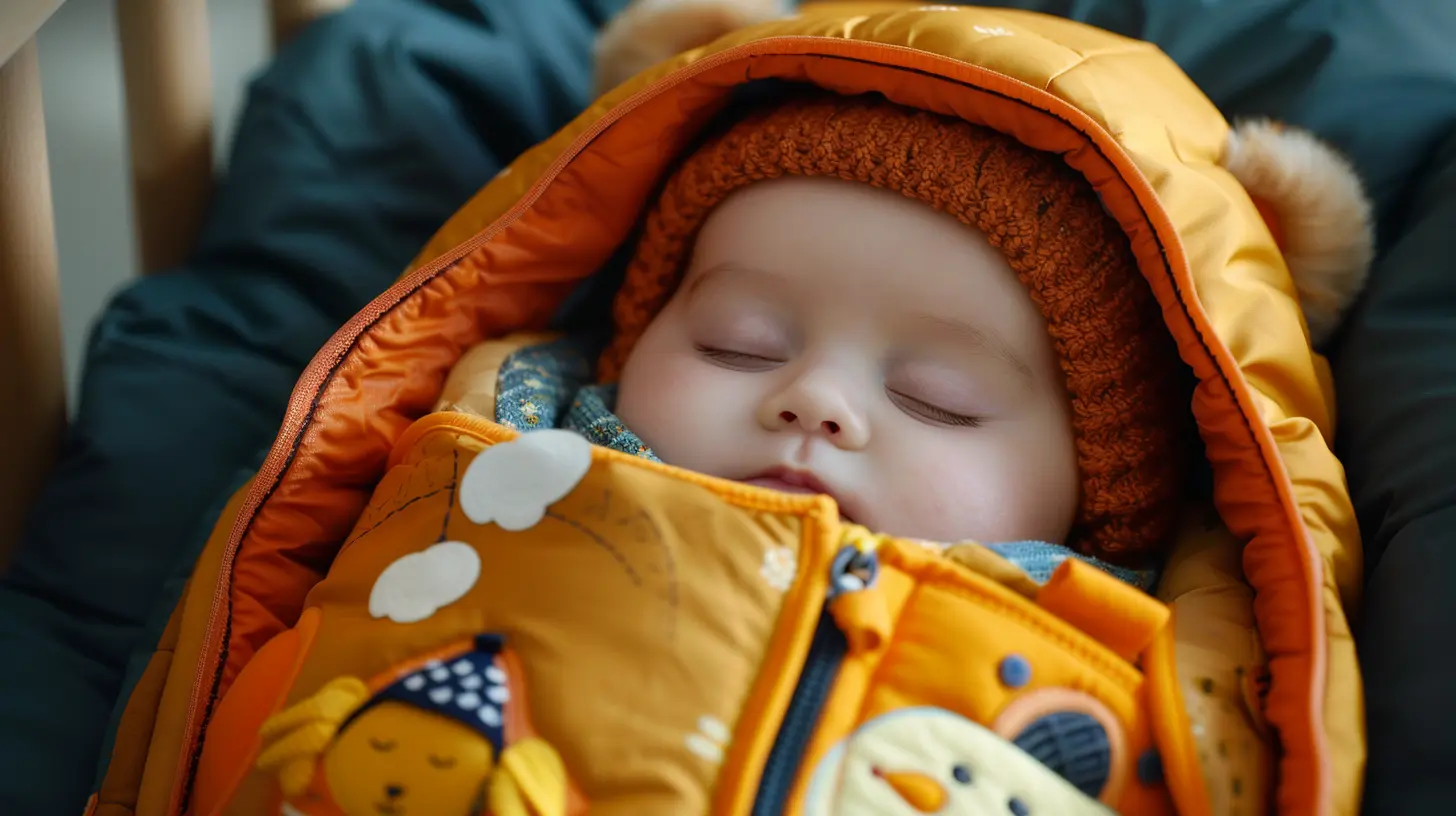
1️⃣ Your Baby Is Around 4-6 Months Old
If your newborn is waking up multiple times a night, congratulations—you have a completely normal baby! Tiny humans are not wired for long sleep stretches in the early months.But by 4 to 6 months, babies start developing the ability to self-soothe. Their sleep cycles mature, and they're capable of linking sleep cycles together, meaning those night-waking marathons may finally come to an end.
✔️ If your baby is in this age range and showing other signs (keep reading!), sleep training might be in your near future. 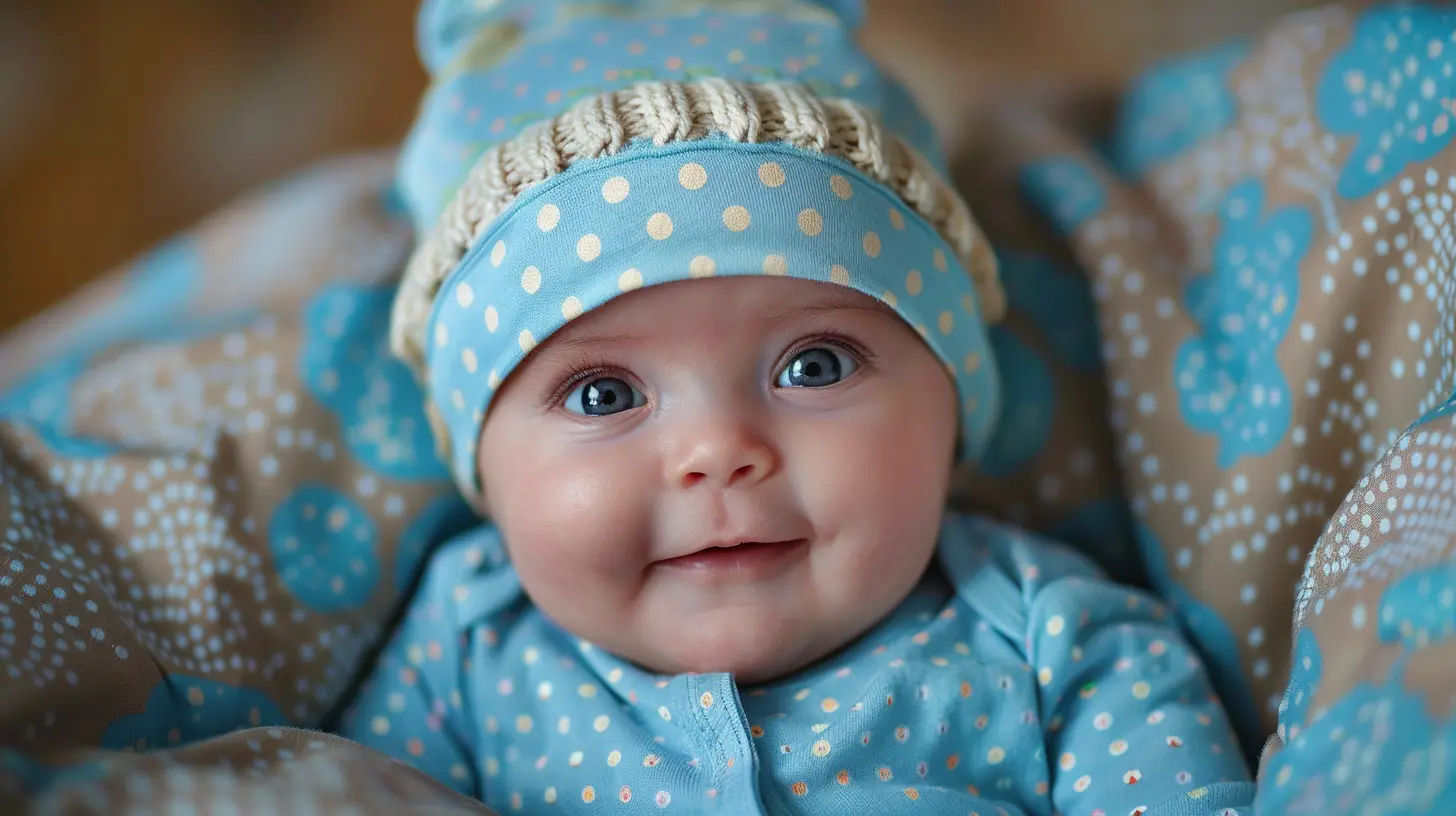
2️⃣ Your Baby Has Outgrown The "Newborn Night Feed"
Babies wake up for food. It’s a fact of life, just like how parents survive on caffeine and sheer willpower. In the first few months, night feedings are essential. But if your baby is waking up out of habit rather than hunger, that’s a sign they might be ready to ditch the midnight buffet.Ask yourself:
✔️ Does your baby wake up but only take a tiny amount of milk before falling right back asleep?
✔️ Are they going longer stretches without needing a feed during the day?
✔️ Does your pediatrician give a thumbs-up that they no longer need those night feeds?
If you answered yes, it might be time to swap those nighttime wake-ups for some much-needed zzz’s. 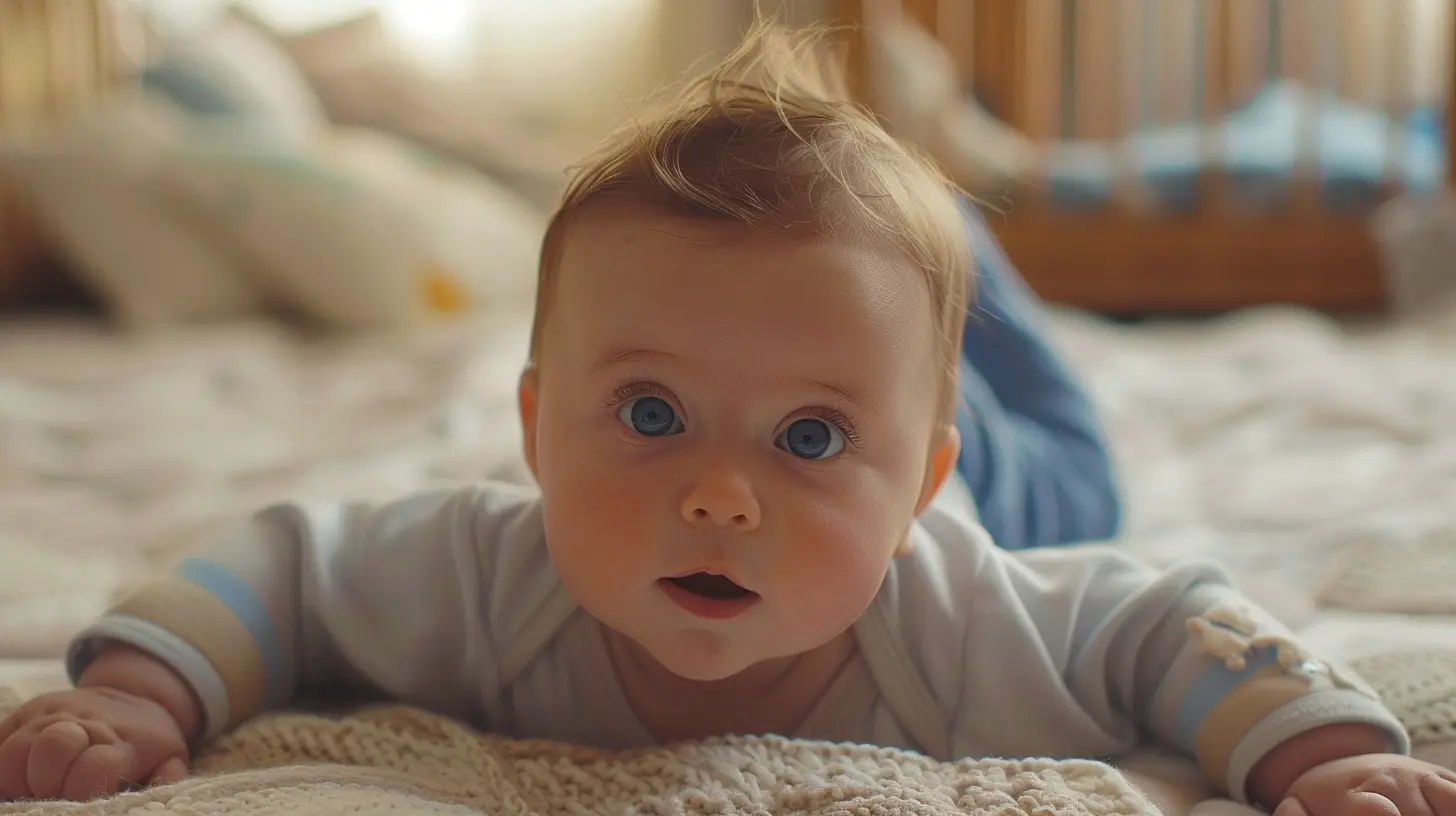
3️⃣ Your Baby Has A Predictable Sleep Schedule
You know you're getting close to sleep training success when your baby's sleep patterns are semi-predictable. Not perfect—because, let’s be real, babies love to keep us on our toes—but somewhat consistent.If your baby is:
✔️ Napping around the same times each day
✔️ Sleeping in longer stretches at night
✔️ Waking up at roughly the same time every morning
...then congratulations! You’ve got yourself a baby who's developing natural sleep rhythms, making sleep training much smoother.
4️⃣ Your Little One Falls Asleep With Some Help (But Not Too Much)
Let’s do a little experiment. The next time you put your baby to sleep, ask yourself:✔️ Do they fall asleep in your arms, but wake up the second you put them down?
✔️ Do they rely on rocking, bouncing, or feeding to drift off every single time?
✔️ Are they waking up frequently, expecting the same sleep crutches throughout the night?
If the answer is yes, your baby might be too dependent on sleep props—but that’s actually good news! Why? Because it means they’re almost ready to learn the skill of independent sleep. Sleep training can help them bridge that final gap.
5️⃣ You Can Tell The Difference Between Whines And “I’m Actually Awake” Cries
By about 4-6 months, parents start developing a superpower: recognizing the difference between✔️ “Ugh, I’m just shifting in my sleep” noises and
✔️ “I need help NOW” cries
If your baby fusses briefly before settling themselves back down, that’s a huge milestone. It means they are already learning to self-soothe—which is literally what sleep training is all about.
If, on the other hand, your baby immediately goes into full-scale "why have you abandoned me?!" wails, they may need a little more support before sleep training.
6️⃣ Your Baby Has The Ability To Self-Soothe (Even Just A Bit)
Speaking of self-soothing, babies who are ready for sleep training will naturally start experimenting with their own ways of calming down. Some suck on their hands. Others rub their little blankies or turn their heads from side to side.If your baby occasionally puts themselves back to sleep without your intervention, that’s a sign they can learn to do it more consistently with a little training.
7️⃣ Mama (Or Papa) Is READY
Okay, let’s be honest—sleep training is as much about you as it is about your baby.✔️ Are you mentally prepared to handle a few rough nights in exchange for long-term sleep sanity?
✔️ Do you have a solid plan (or at least a friend who can text you encouraging messages at 2 AM)?
✔️ Are you ready to be consistent and not cave at the first whimper?
Because here’s the deal: sleep training takes commitment. If you’re not fully ready, your baby will pick up on that, and you’ll find yourself in a frustrating cycle of stopping and restarting. So, before you begin, make sure you’re just as ready as your little one.
Final Thoughts
Sleep training isn’t about forcing your baby to sleep—it’s about giving them the tools to sleep well on their own. And trust me, when that magical night arrives where everyone in the house sleeps for 6+ hours straight, you’ll feel like you’ve won the parenting lottery.So, take your time, look for the signs, and when the moment feels right—go for it! Your future well-rested self will thank you.
Now, go grab a coffee while you still need it... because soon, you might just be getting a full night’s sleep!
all images in this post were generated using AI tools
Category:
Sleep TrainingAuthor:

Kelly Snow
Discussion
rate this article
3 comments
Hope Hardy
This article provides valuable insights into recognizing early signs your baby may be ready for sleep training. Identifying these cues can make the process smoother for both parents and babies. A must-read for new parents!
June 7, 2025 at 4:53 AM

Kelly Snow
Thank you for your kind words! I'm glad you found the insights helpful for new parents.
Caden Mitchell
Oh, absolutely! Because nothing says "ready for sleep training" quite like a tiny human who can’t distinguish between midnight snacks and 3 AM dance parties. Clearly, they’ve mastered the art of sleep, right? Can’t wait for the toddler years to really test our patience!
May 24, 2025 at 2:22 PM

Kelly Snow
Absolutely! Those midnight antics are definitely a sign of their budding personality—and a hint that sleep training might be on the horizon! Hang in there, the toddler years will bring their own unique challenges!
Henrietta Ruiz
This article effectively highlights key signs that may indicate a baby is ready for sleep training, such as consistent sleep patterns and self-soothing behaviors. Understanding these indicators can help parents approach sleep training with confidence and set their child up for healthier sleep habits.
May 21, 2025 at 4:14 AM

Kelly Snow
Thank you for your kind words! I'm glad you found the article helpful in recognizing those important signs for sleep training.



